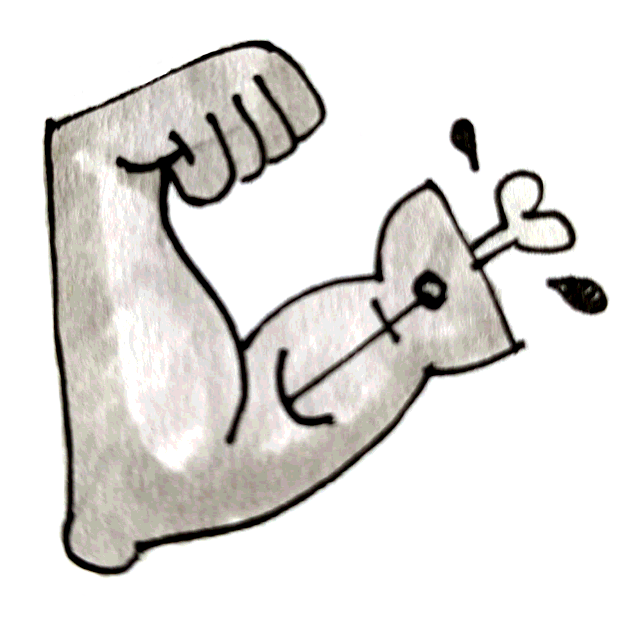Way back when Woody Allen was just a comedian he hated doing stand up comedy. So there's one album of his material. You can hear on the recording his trademark nervous stutter and generally anxious persona, but you can also hear his comic genius. There are very few bits on the album that aren't excellent and none that aren't shot through with Allen's trademark high intelligence. These are idea jokes, they are concepts, and they're wonderfully realised.
The best of the bunch is of course the moose joke. It's rightly gone down in history as one of the very best and it's easy to see why. The ultimate shaggy dog story that combines surrealist flights of fancy, a warped logic and a perfect political knife-twist at the end that leaves the audience punch drunk with pleasure.
I don't want to recount the tale because that's the point of the joke so let's just jump in at random.
Repetition and lost meaning
Woody Allen repeating the word "moose" is funny. All words begin to lose their meaning with repetition. We forget that words are simply sounds we say, the meaning bypassing our brain, sidestepping our senses. By repeating a word our senses are given the chance to come back into play and somehow we hear the sound of the word afresh. What if this was the only way we experienced words, a string of noises with no meaning?
Allen's Brooklyn accent only adds to the effect. "I shot a moose once, I shot a moose, the bullet didn't penetrate the moose, the moose woke up." Imagine the same lines but instead of "moose" it was "stag" or "deer". The animal might be similar but the sound of the word is definitely not.
I think this is the essence of why certain words are undoubtably funnier than others. The idea that with their "oo" middle or their hard "k" endings, we are subtly reminded of a fact we mostly miss, the fact that everything that comes out of our mouth is potentially nonsensical drivel, and if we let go of that precious thread of meaning, all would be lost.
A world without that thread of meaning would be a highly dangerous place for beings who rely on it so thoroughly for their survival. The fact that the meaning is never quite lost is the safety we need to find it funny.
The danger of weirdness
I find it interesting how Allen's specificity also adds to the effect here. First he's driving along the "west side highway" and then coming through the "holland tunnel". These names means nothing to me, but they still have the effect of placing the story into specific reality in a way which is clearly against the shaggy dog nature of the tale itself. Again I think you can see the balancing of safety and danger here. This weird thing happened, but it didn't happen out there, in some imagined universe, it happened right here, close by, and here is some specificity to prove it. Judging this balance right keep the audience engaged, but also keeps the level of danger just right. The world that Allen is imagining is wrong, but only just wrong enough to be funny.
The moose signals for a turn. Again this is a lovely piece of balance. A moose who even while concussed is sufficient sentient to understand he's attached to a car and sufficiently sentient to know that turning needs to be signalled. Signalling a turn is an act of safety, and yet the creature doing it puts the act way out of the realms of normality. Not being normal is dangerous.
(To be completed...)
<- Back
